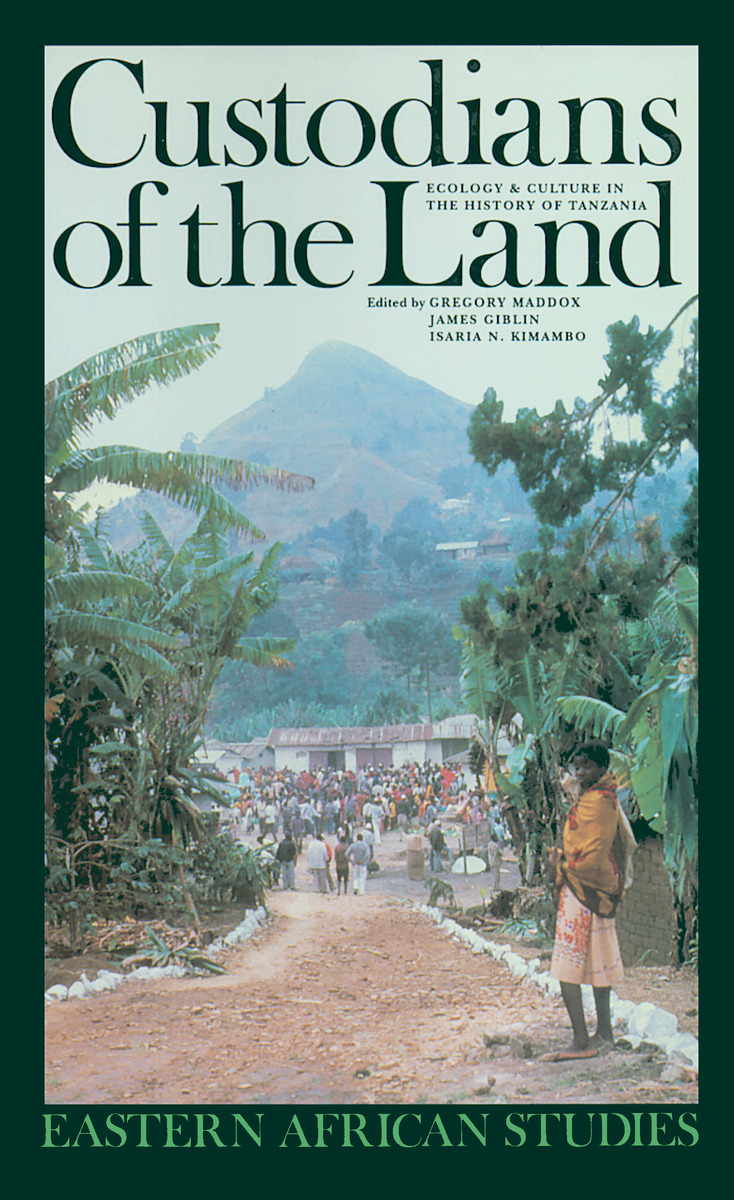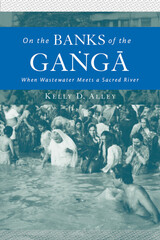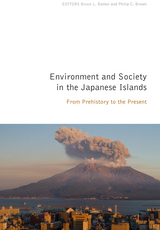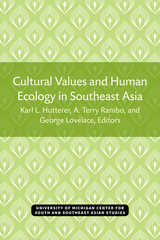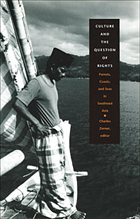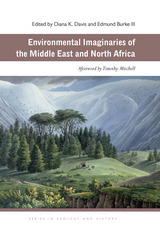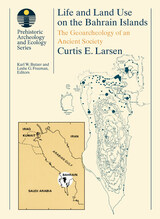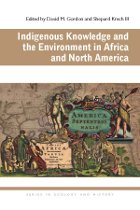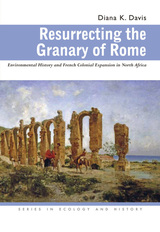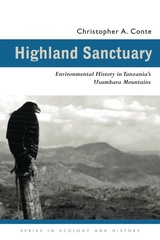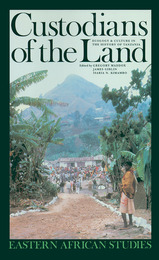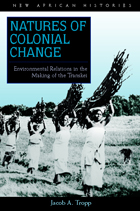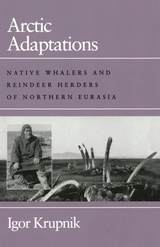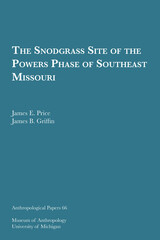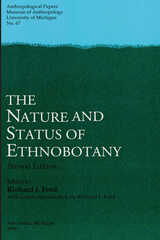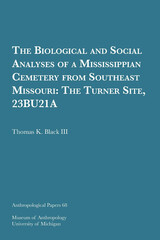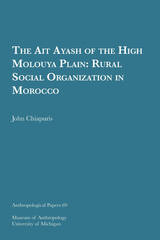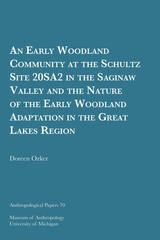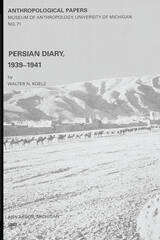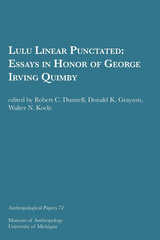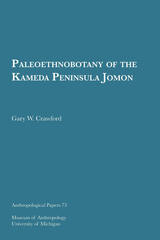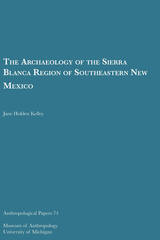Paper: 978-0-8214-1134-6 | Cloth: 978-0-8214-1133-9 | eISBN: 978-0-8214-4005-6
Library of Congress Classification GF729.C87 1996
Dewey Decimal Classification 363.7009678
Farming and pastoral societies inhabit ever-changing environments. This relationship between environment and rural culture, politics and economy in Tanzania is the subject of this volume which will be valuable in reopening debates on Tanzanian history.
In his conclusion, Isaria N. Kimambo, a founding father of Tanzanian history, reflects on the efforts of successive historians to strike a balance between external causes of change and local initiative in their interpretations of Tanzanian history.
He shows that nationalist and Marxist historians of Tanzanian history, understandably preoccupied through the first quarter-century of the country's post-colonial history with the impact of imperialism and capitalism on East Africa, tended to overlook the initiatives taken by rural societies to transform themselves.
Yet there is good reason for historians to think about the causes of change and innovation in the rural communities of Tanzania, because farming and pastoral people have constantly changed as they adjusted to shifting environmental conditions.
See other books on: Agriculture & Food | Agriculture & Food Policy | Environmental protection | Historical Geography | Land
See other titles from Ohio University Press
